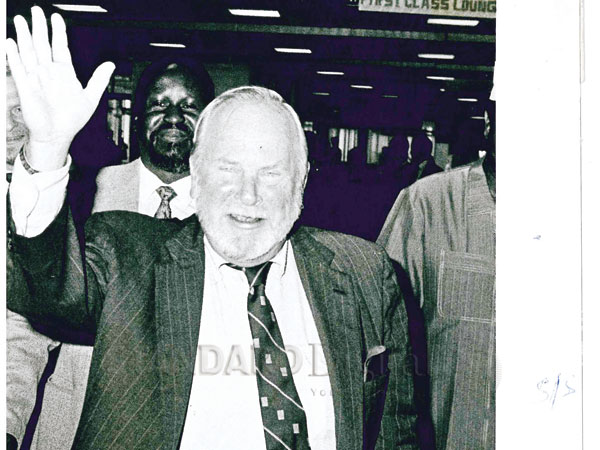×
The Standard e-Paper
Join Thousands Daily
 |
| US ambassador to Kenya Smith Hempstone. [PHOTO: FILE/STANDARD] |
By KENNETH KWAMA
KENYA: Was there a plot by foreign missions to sabotage President Daniel arap Moi’s government in 1983? This was the dominant question as politicians crisscrossed the country campaigning for the September 1983 General Election.